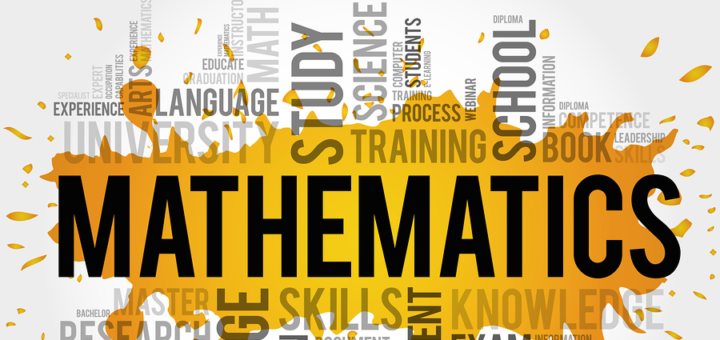First-Rate Math Tasks & Rubrics (Grades 4-5)
In a newly revised edition of Performance Tasks and Rubrics for Upper Elementary Mathematics, Charlotte Danielson and Joshua Dragoon show that developing performance tasks and using scoring rubrics are integrally linked. Math lead teacher Barb Rock says it’s an ideal PD tool for schools and systems.

















